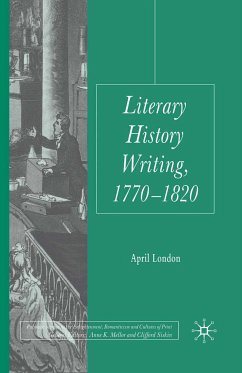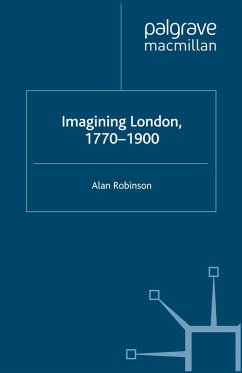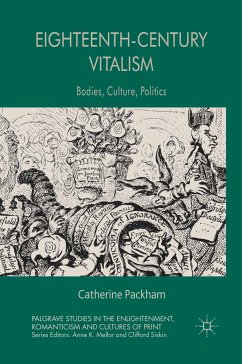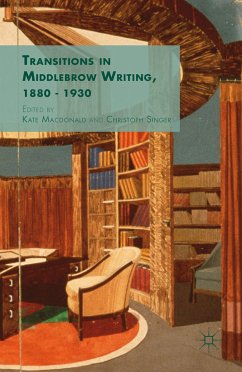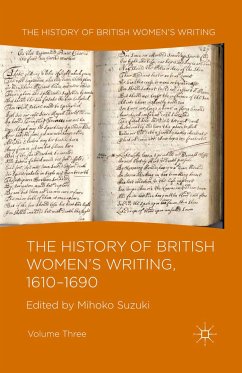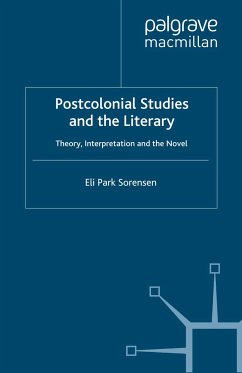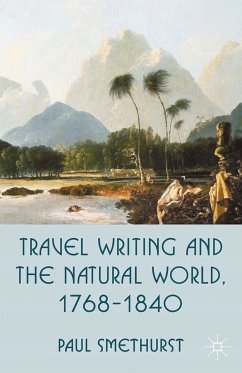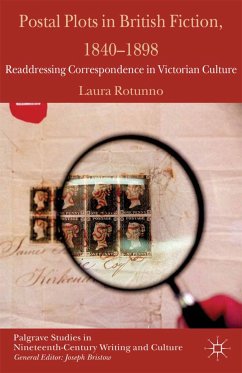Dieser Download kann aus rechtlichen Gründen nur mit Rechnungsadresse in A, B, BG, CY, CZ, D, DK, EW, E, FIN, F, GR, HR, H, IRL, I, LT, L, LR, M, NL, PL, P, R, S, SLO, SK ausgeliefert werden.
'...an impressive and long overdue 'history of literary history' from 1770-1820. Combining the intricacies of close reading with the larger historical perspectives of material and book history, it carefully and scrupulously navigates the much-neglected waters of the period's literary history.' - Porscha Fermanis, University College Dublin, British Association for Romantic Studies
'What re-emerges as the result of London's survey is a story of the 'hardening of genre borders' (p. 5) first between history and literature, and eventually between genres within literature and literary studies, which emptied literary history of its radical potential... the force of London's original claim comes from the detailed synopses of arguments that refuse to fit into received notions of thegenre's evolution. London's own voice comes through in the arrangement of the voices of the dissenters and it can only enrich our knowledge of what became of literary history in the nineteenth century.' - Tommi Kakko, English Studies

